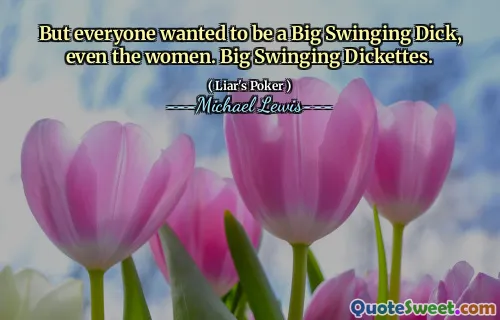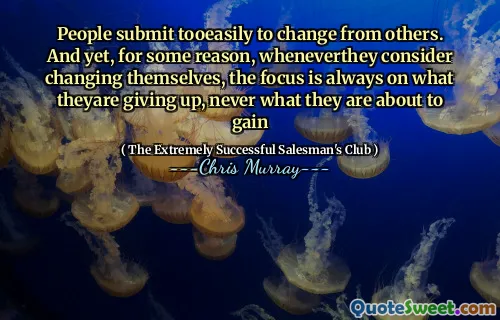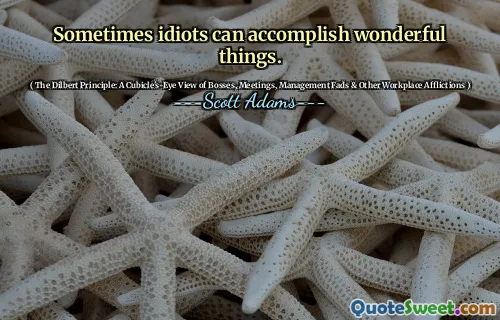
Elusive success is not the same as failure.
The quote "Elusive success is not the same as failure" carries a profound message about our understanding and perception of achievement and setbacks. At first glance, success that is hard to attain or feels out of reach might be easily mistaken for failure. However, this quote challenges that binary outlook and invites a deeper contemplation of what success and failure truly mean.
Elusive success implies that the goal or desired outcome is difficult to grasp or maintain. It often requires persistence, resilience, and a continual effort in the face of obstacles and uncertainty. Just because success is elusive does not mean it is unobtainable; rather, it suggests that the journey toward it is complex and often non-linear. This can be seen in many aspects of life—whether in personal growth, career achievements, or creative projects—where the pathway to success is not straightforward or guaranteed.
By stating that elusive success is not the same as failure, the quote emphasizes the importance of separating the process and the struggle from the final outcome. Failure often connotes an endpoint where efforts cease or goals are definitively not met. Elusive success, conversely, recognizes that success might be partial or delayed, yet it remains pursued and ultimately valuable. The distinction helps maintain motivation because it reframes struggle as part of the pursuit of success rather than a sign that one has failed.
This perspective is empowering because it encourages us to embrace uncertainty and the challenge of striving towards difficult goals. It reminds us that the mere fact that something is hard to achieve doesn’t negate its worth or possibility. The quote also suggests a growth mindset: valuing effort, learning, and resilience over immediate or clear-cut outcomes.
Moreover, this quote resonates deeply in an age of instant gratification and quick results, where challenges are often seen as discouragements rather than opportunities for growth. It advocates for patience, courage, and continuous effort, acknowledging that success might often be hidden or delayed but is nonetheless distinct from failure.
In summary, "Elusive success is not the same as failure" is a compelling reminder that perseverance through difficulty is itself meaningful, and the difficulty in achieving success should not be confused with the inability to achieve it. It inspires a nuanced view of achievement that honors long-term endeavor and resilience.










